T4K3.news
Canadian military on alert due to wildfires
With over 170 wildfires in British Columbia, the military is ready to assist evacuations and firefighting efforts.

The Canadian military has mobilized to assist with evacuations and firefighting efforts amidst severe wildfires.
Canadian military responds as wildfires devastate communities
The Canadian military was placed on standby on Saturday to aid in evacuations and combat over 170 wildfires, which have been worsened by a record heat wave and dry conditions. Active fires were reported especially in British Columbia, with at least 177 currently ablaze. Many of these wildfires were ignited by intense lightning strikes, particularly around the Kamloops area, with officials noting that a staggering 12,000 strikes hit the province recently. Prime Minister Justin Trudeau and local leaders met to strategize the response as the government signaled a long and strenuous summer ahead. The unprecedented heat has led to numerous fatalities, with the British Columbia coroner’s office reporting 719 deaths last week, significantly higher than the average. Local leaders have displayed urgent alarm about the fire risks, with urgent evacuation efforts in affected areas like the village of Lytton, where extensive damage has occurred. The crisis extends beyond British Columbia, impacting various Canadian provinces and parts of the United States, as extreme temperatures and wildfires create a growing state of emergency across North America.
Key Takeaways
"We cannot stress enough how extreme the fire risk is at this time in almost every part of British Columbia."
Premier John Horgan emphasized the severe fire risks amid current conditions.
"These wildfires show that we are in the earliest stages of what promises to be a long and challenging summer."
Minister Bill Blair addressed the ongoing wildfire crisis and its implications.
The response to the wildfires highlights both the immediacy of the crisis and the longer-term issues of climate change. As scorching temperatures persist, the frequency and intensity of wildfires increase, indicating a troubling trend that could shape future disaster management strategies. This situation also places immense pressure on emergency services and military personnel, raising questions about resource allocation during climate emergencies. The incident underlines the need for comprehensive climate action aimed at mitigating prolonged heat waves and improving infrastructure resilience in fire-prone areas. Furthermore, with evacuation orders and casualty numbers rising, the potential for public backlash against government preparedness is palpable. How officials manage these crises in terms of communication and effectiveness will be closely scrutinized in the weeks to come.
Highlights
- The dry conditions and extreme heat show we are in the early stages of a long summer.
- Communities are struggling against unprecedented fire risks.
- We cannot stress enough how critical this situation is in British Columbia.
- This heat wave is a significant contributor to the rising death toll.
Escalating risks due to wildfires and heat wave
The combination of extreme temperatures and widespread wildfires poses significant risks to lives and property, leading to urgent evacuations and increased public health concerns.
As the summer progresses, continued vigilance and action will be crucial in managing this evolving crisis.
Enjoyed this? Let your friends know!
Related News
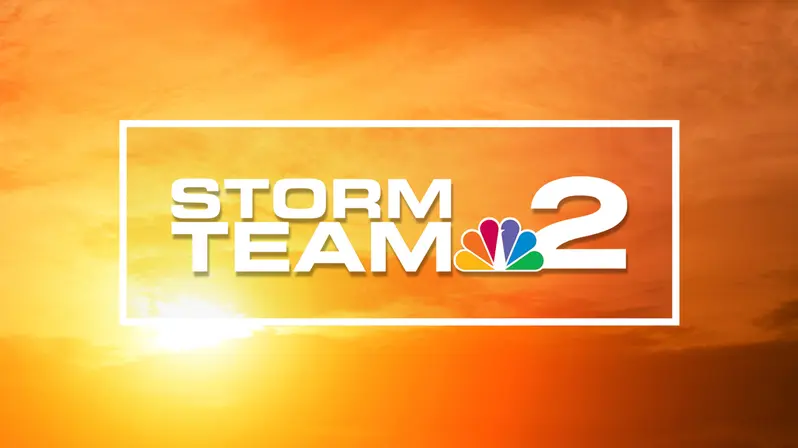
Air quality alert in effect for Western New York
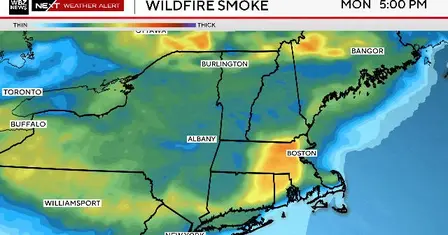
Air quality alert for Massachusetts due to wildfire smoke
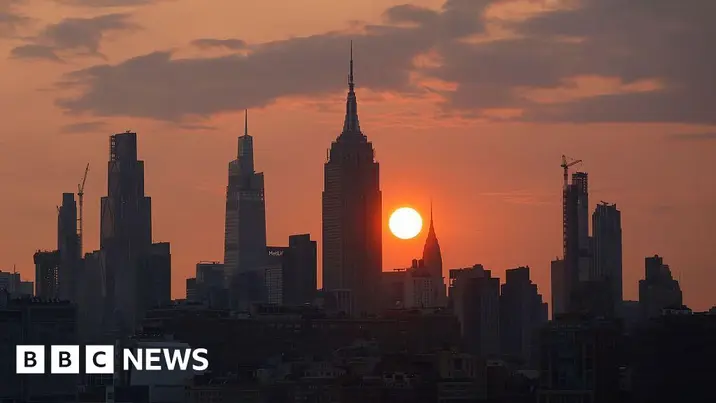
Air quality alert issued for New York due to wildfires
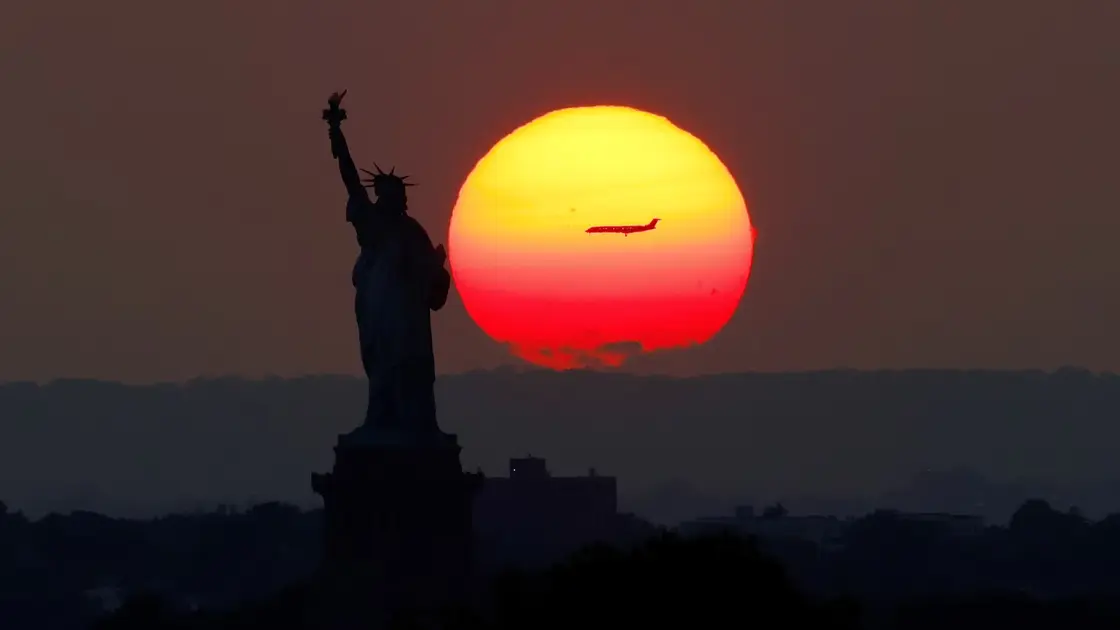
Smoke from Canada wildfires delays flights at Logan Airport
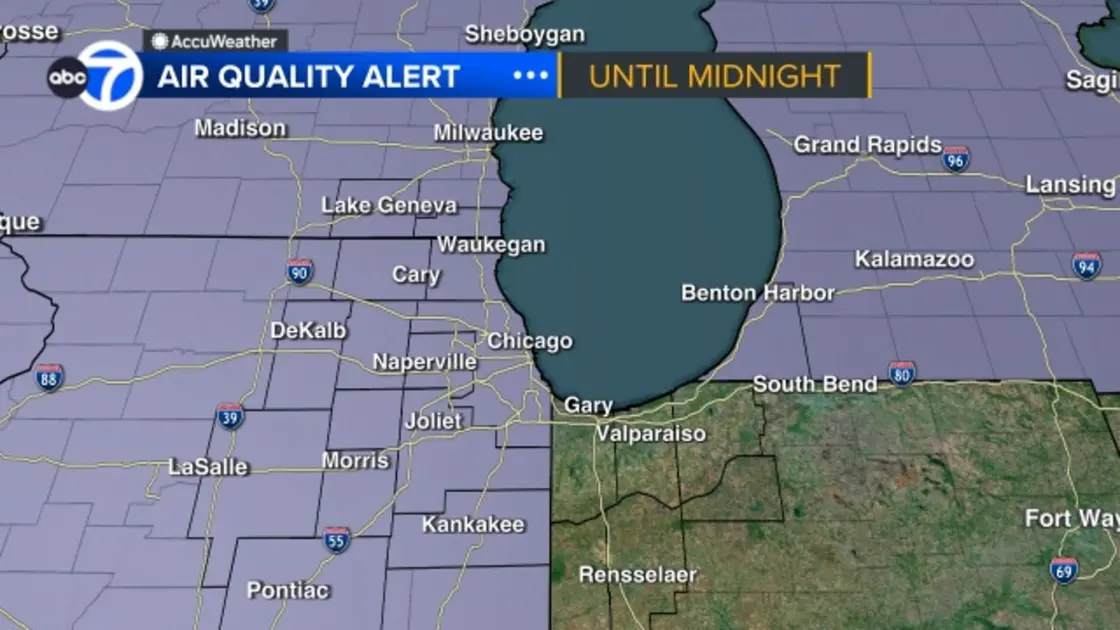
Air Quality Alerts issued in Chicago
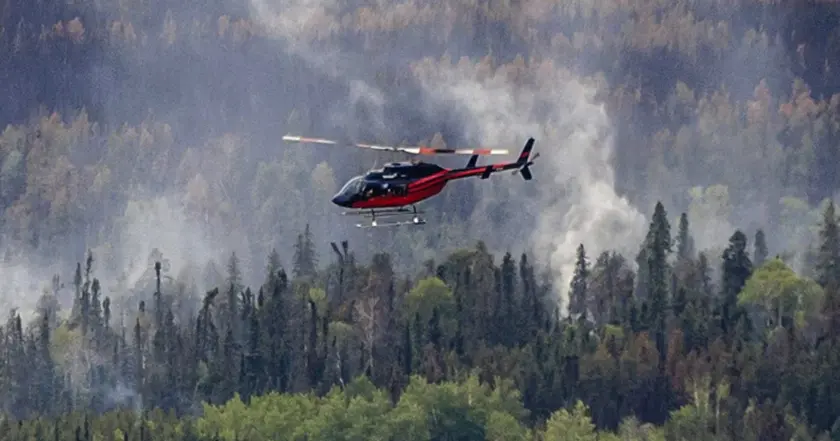
Millions face air quality alerts due to wildfire smoke
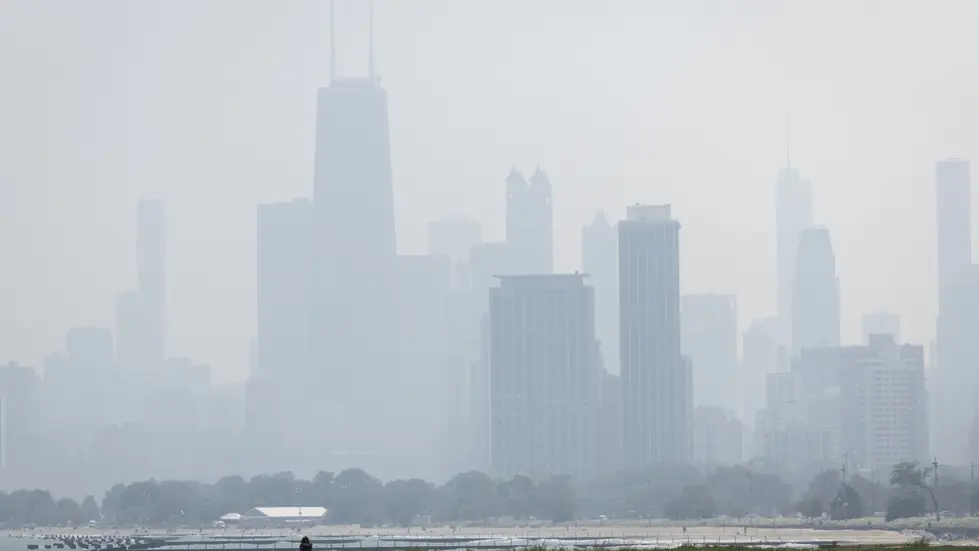
Canada wildfires affect U.S. air quality
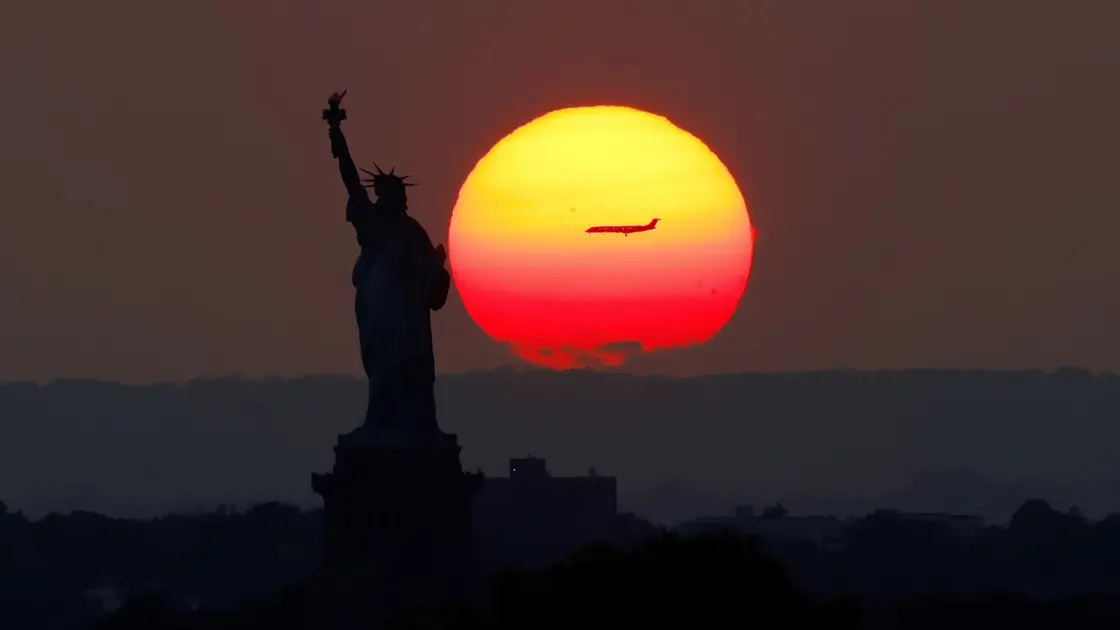
Canadian wildfires lead to alerts in Midwest and Northeast
